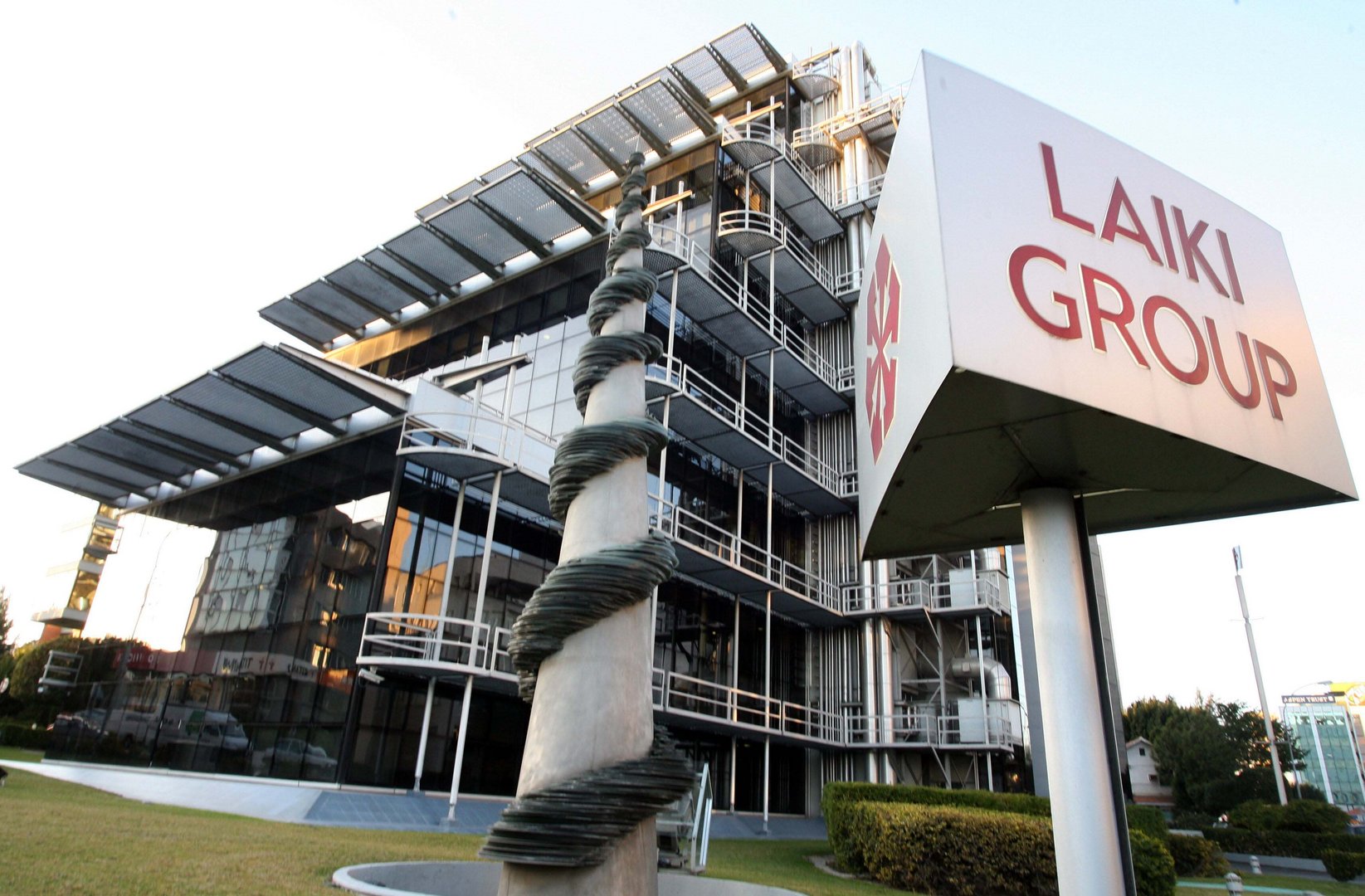President Nicos Christodoulides has made it the style of his presidency to take an interest in most things that are in the news. The way this interest is shown is subsequently made public via announcements by his communications team. How the work of the government and the president is presented is the prerogative of the president, but there are times when a little restraint is necessary.
For example, there was no need for the presidency to release uncredited information claiming the government had been ‘mobilised’ about the problems being faced by the banking sector abroad, as Christodoulides, according to Phileleftheros, “wanted to act pre-emptively, preventing any unpleasant consequences for the Cyprus economy.” The paper also reported that he had a meeting with the ministers of finance, interior and labour with whom “the axes of priorities of the government were set for the immediate future.” Christodoulides, the paper said, asked finance minister Makis Keravnos “about developments in the banking sector and the level of danger they entail for the Cyprus banking system.”
Was it really necessary for this information, which quite clearly came from the presidential palace, to be made public? Was it in the public interest to tell people that the president wanted to know the level of danger developments in world banking sector entailed for the Cyprus banks? While the president had an obligation to find out whether Cyprus banks were in any way at risk from the problems facing Credit Suisse and set the “axes of priorities,” he had no obligation to make this public.
On the contrary, some aspects of government need to be kept confidential. In the case of the banking system, any public suggestion of government concerns or fears about local banks, could have very negative consequences. This could undermine confidence in the banks, leading, in the most extreme case, to a run on the banks. It only takes a few rumours for this to happen, as we have seen in the past. Rumours may be made to sound accurate when the government releases information expressing concerns.
A little later, Cyprus News Agency, also citing unnamed sources, said the president and Keravnos were in contact with the governor of the central bank, Constantinos Herodotou, who was in Frankfurt at an ECB meeting dealing with the issue of Credit Suisse. Herodotou, according to the unnamed sources, had said Cyprus banks “are not exposed to Credit Suisse.” This was the only statement that needed to be made by the central bank governor or the finance minister. We did not need to know about the concerns of the president or that he wanted to act pre-emptively.
Sometimes government should act quietly, especially when the release of information could cause unjustified alarm and consequences that might difficult to manage.







Click here to change your cookie preferences